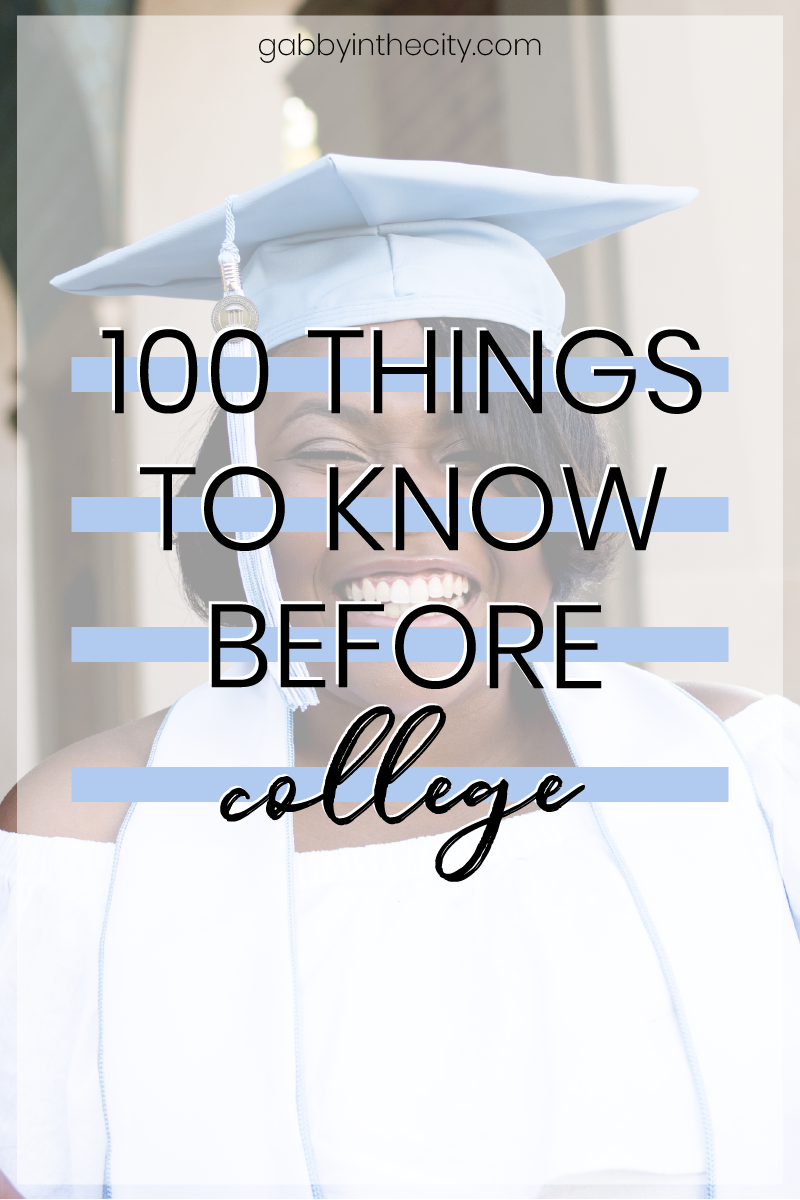I have absolutely no evidence to support this but I think every quarter-life crisis involves contemplating going back to “school”. It still blows my mind that our traditional secondary education setup would have us decide what we wanted to do with the rest of our lives at 18. I thought bubble necklaces were peak fashion at 18. It would be beneficial to make life-defining decisions after my frontal cortex has fully developed.
I also think it’s increasingly normal to make a career/lifestyle pivot in our twenties. A part of that is increasing access to social media and getting an inside look into different careers. LLC twitter would have us all believe that starting a business is expected for the savvy.
The time, effort, and money that is required to be successful in a graduate program make it a huge decision. This decision should not be decided in a crisis. Maybe.
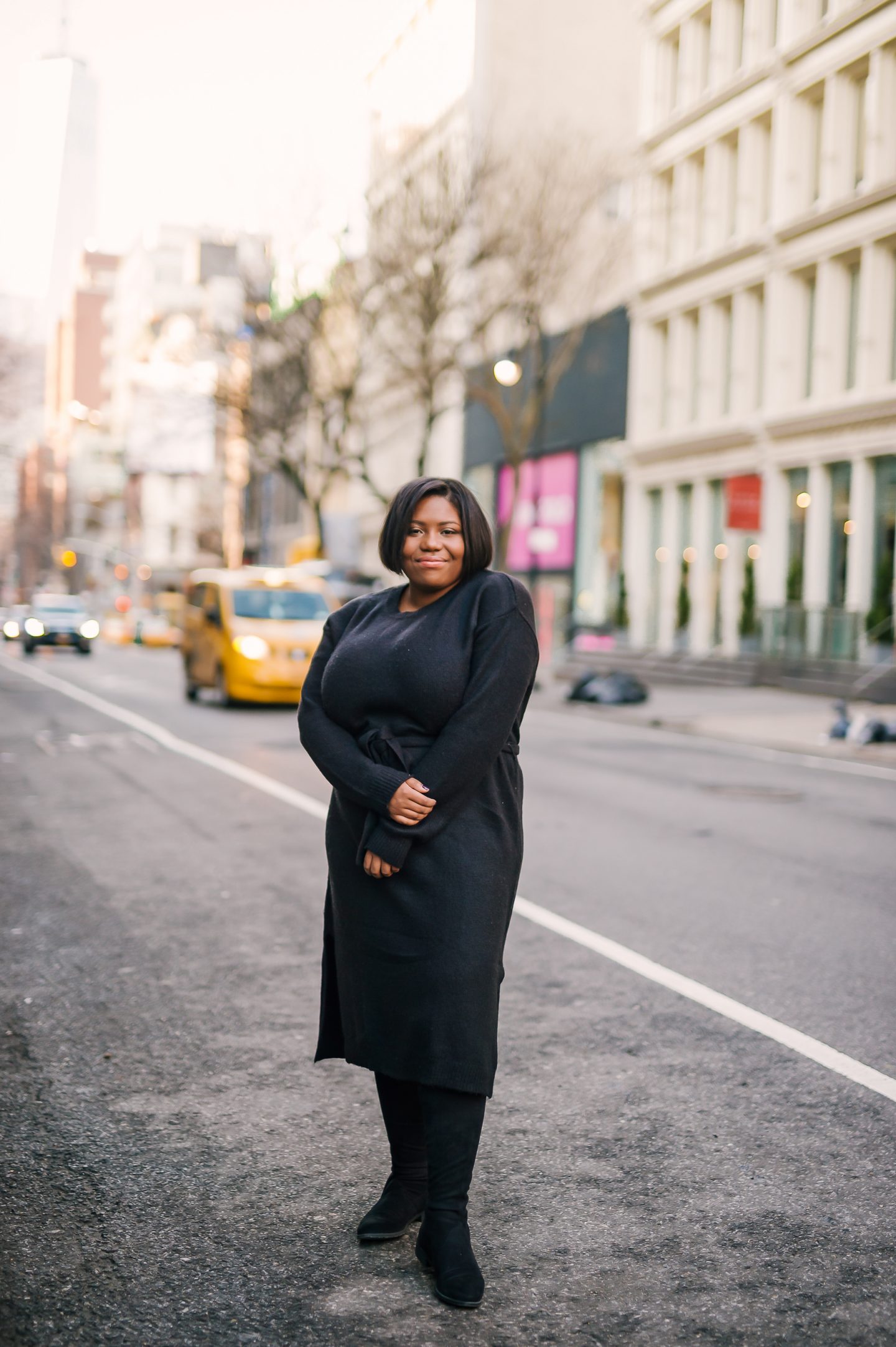
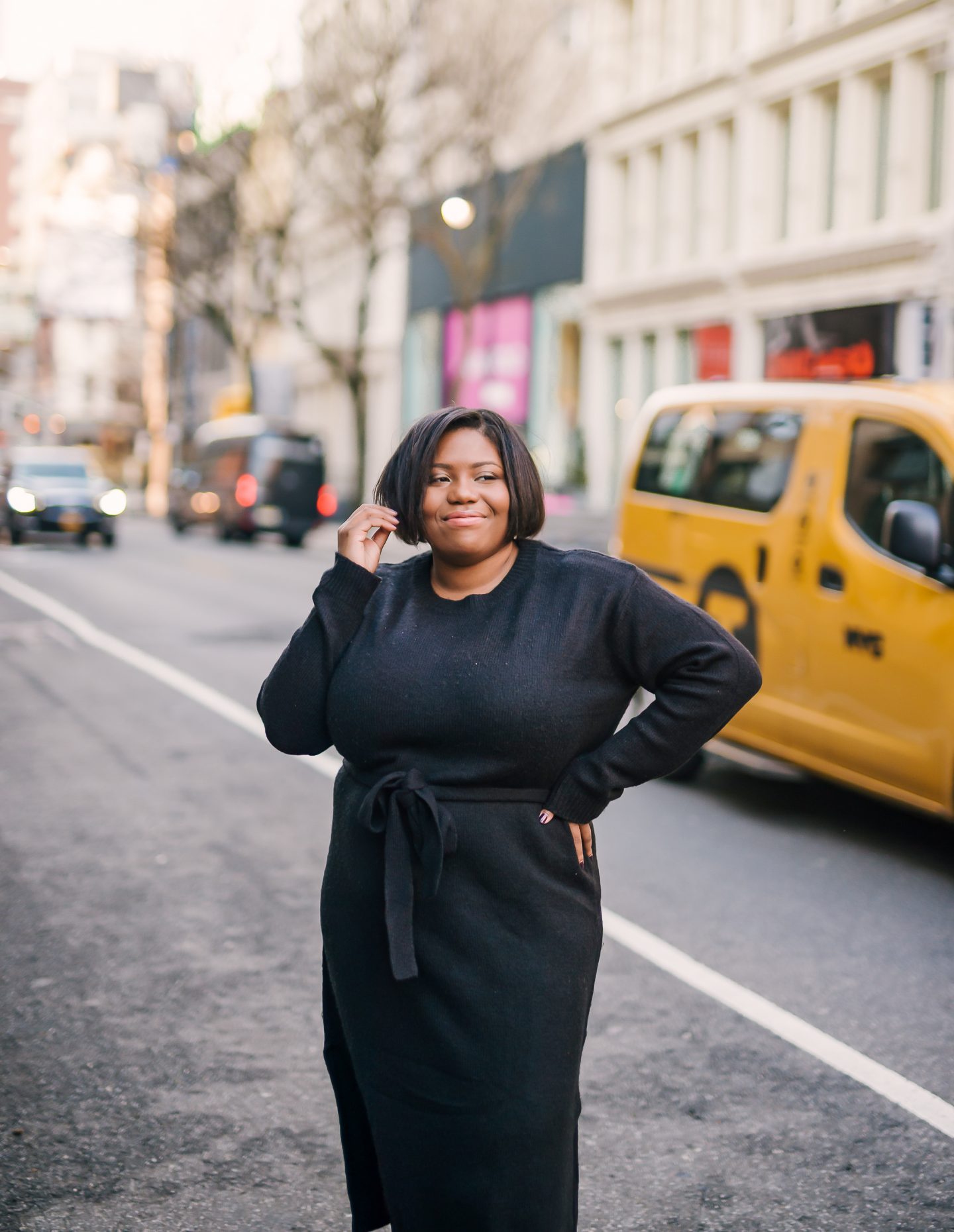
My Take
Personally, I decided to go straight through to a Ph.D. program because I was well prepared for the application process coming right out of my undergraduate studies. I also had a pretty good idea of the types of jobs I would eventually want to apply for. Some graduate programs very obviously prepare you for certain careers (think medicine, law, pharmacy, dentistry, etc.), but with a Ph.D. I find that the options are much less obvious but much more numerous. There’s a lot to research before graduate school.
What do you get with a Ph.D.? Obviously, you build expert knowledge in whatever discipline you’re specializing in. But, you also gain skills that will make you a shining star in the workplace. I already feel my communication, team coordination, and presentation skills strengthening.
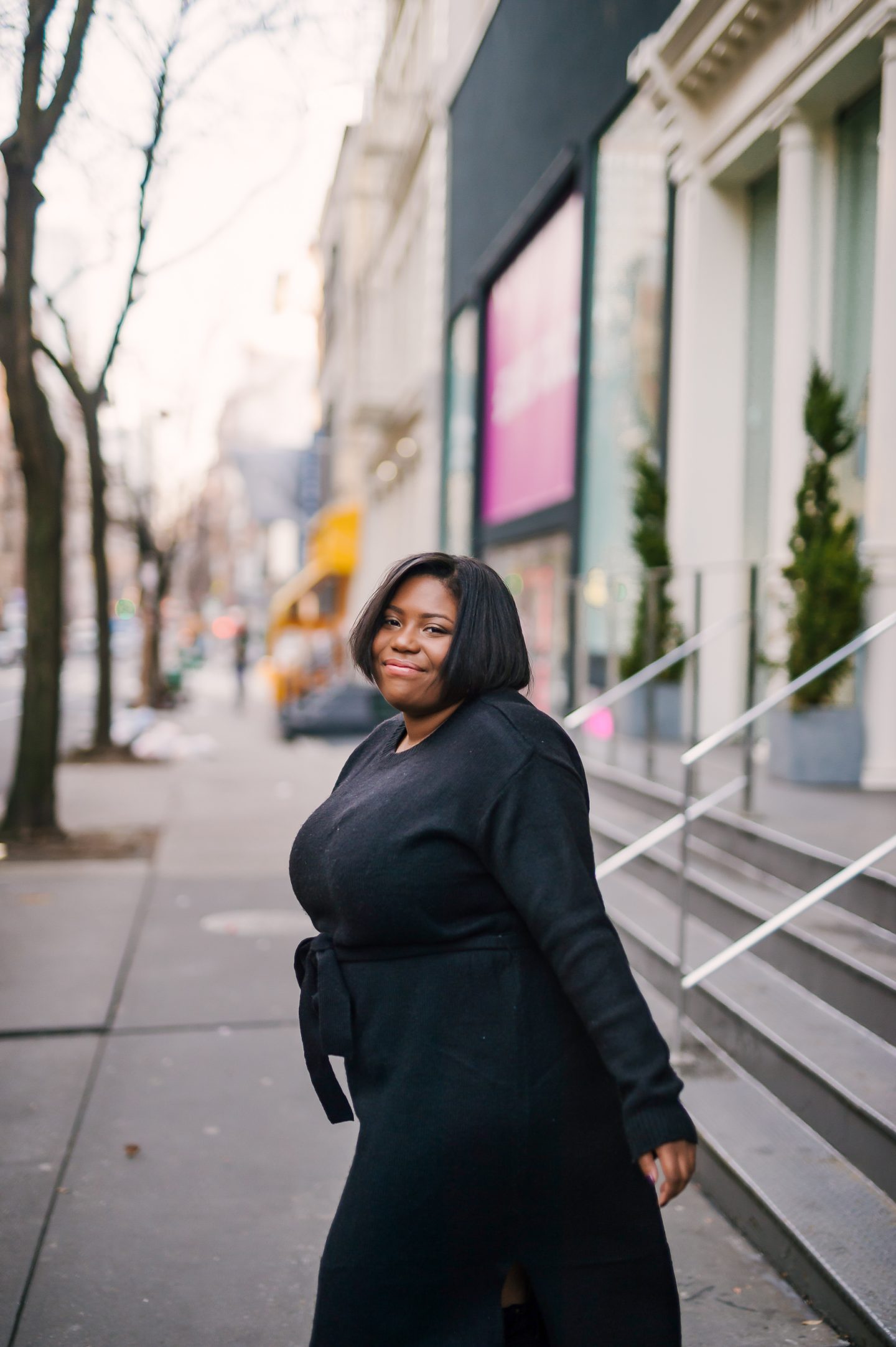
My biggest comment for those thinking about pursuing an advanced degree [especially if you’ve been in the workforce for the past few years] is to ask yourself: “where do you want to be in 5, 10, 15, 20 years?” Do you want to be a department head? Retired early? A social media star? A small business owner?
Ask yourself the hard questions, and then figure out how to achieve them. Read blogs, watch podcasts, reach out to people in the positions you want, and get their take. Here’s what I wish I knew before graduate school.
What I Wish I Knew Before Graduate School
Where you live matters.
I always stress this when chatting with interviewees but the city you live in should be a huge factor in where you live. Whether your priority is how close you are to family or the quality of the nightlife in the city, location will impact your mental, financial, and physical health. Make that decision with the utmost care.
Older students are one of the BEST resources for advice.
At NYU, the older students have been brought a wealth of knowledge and advice on pretty much everything. From picking your thesis committee to writing grants or choosing labs and classes, they’ve been there and done that. I think it’s a huge plus if the older graduate students are free-flowing with the advice and a huge red flag if they aren’t. Do with that what you will.
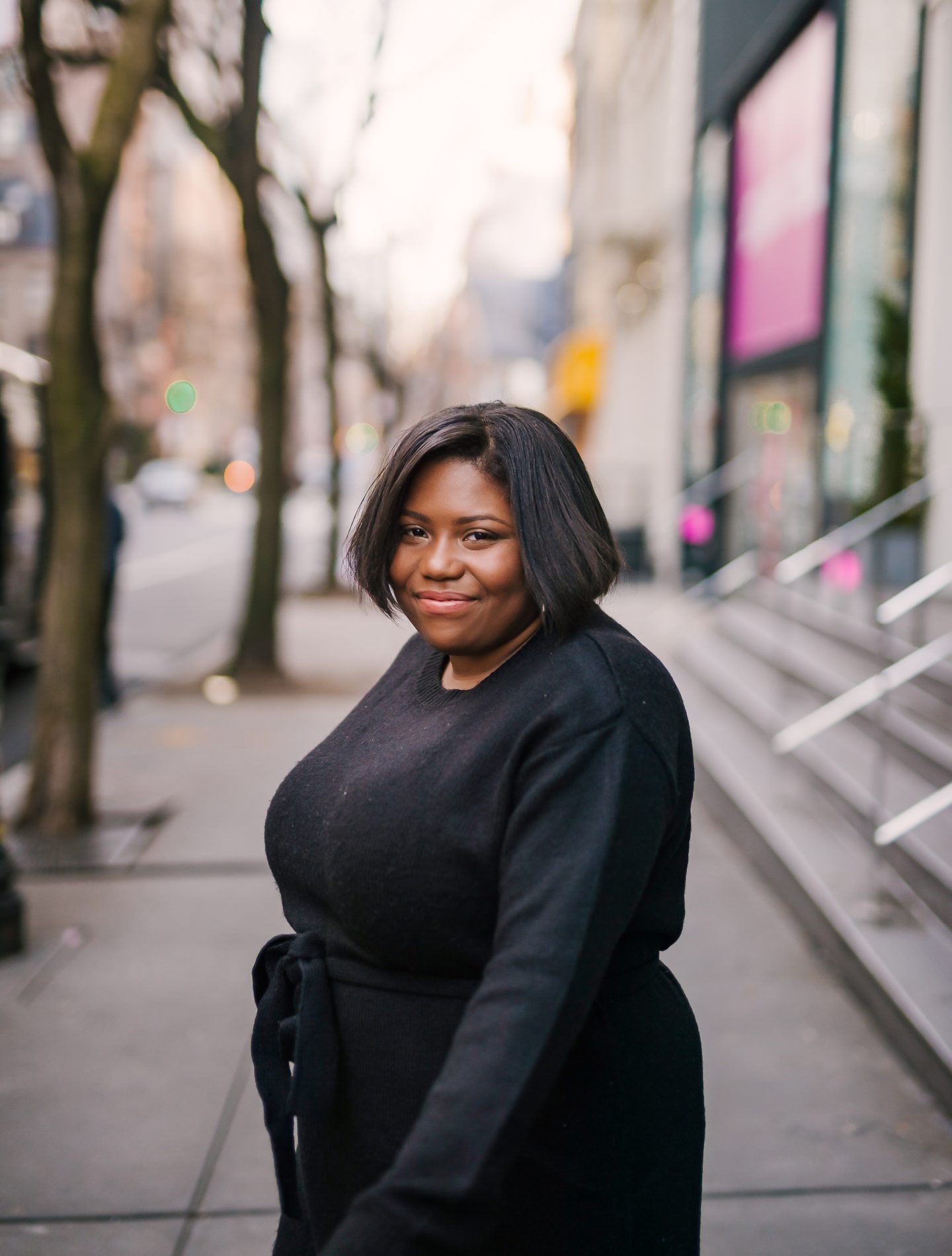
Attending a conference concentrated on my thesis project was extremely helpful for surveying the state of the field.
I didn’t think that much about attending conferences as a second-year student. I was in the middle of catching up on the literature and starting preliminary experiments. But, when my advisor offered to send me to a specialized conference in my field of interest, I was actually pretty excited to get a crash course in a few days. It was also incredibly helpful to connect with future collaborators and other students working on similar projects. This would be a great question when looking for potential advisors.
Write the grant and write it early!
It’s never too early to start thinking about applying for grants. If you’re a US citizen, write and actually apply for the F31/NSF. Team up with your advisor to help write smaller specialized grants. Having a look into that process is a huge help especially if you’re interested in staying in academia.
Take every piece of advice you receive with a grain of salt.
Yep, what works for others may not work for you. This blog post counts.
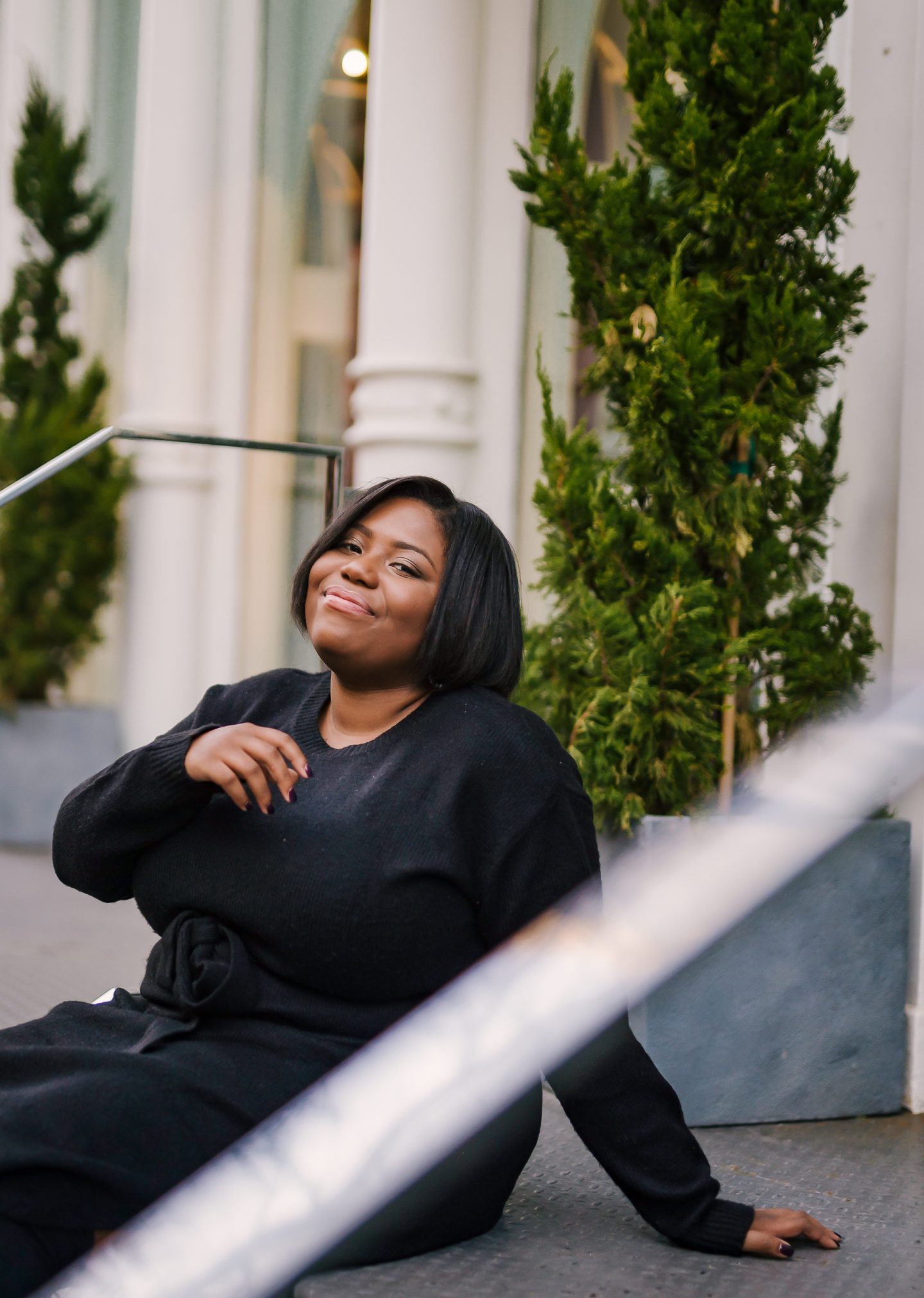
You will consistently feel like you’re not doing enough. No matter what.
There’s truly no difference from days I’m working 12 hours to summer fridays where I treat myself to a 10-3. You will consistently feel like you’re not working fast enough. Don’t sweat it.
Very few academics have a healthy work-life balance. Take time off.
Something I always bring up on podcasts. It’s so so so so important that you build a healthy work-life balance. Even if you love what you do, you don’t want to experience severe burnout and you’re degree doesn’t need to be your life. In fact, the people around you will love it if you can hold a conversation about things other than your degree/research.
The faculty actually want you to succeed.
Most of the faculty you’ll be interacting with on a daily basis are dedicated training faculty. Depending on the program, I do find that these faculty tend to be willing to help, connect you with someone better suited to assist you, and giving ideas!
But, it’s on you to actually meet deadlines, get the paperwork in on time, and send the emails on time.
I know they said this about undergrad, but I do feel that there is an exponential decrease in hand-holding in grad school. No one is reminding you to do anything really. It’s on you to get the appropriate paperwork filed and classes scheduled. There are an infinite amount of resources and helpful administrators, but it’s on you to seek them out.
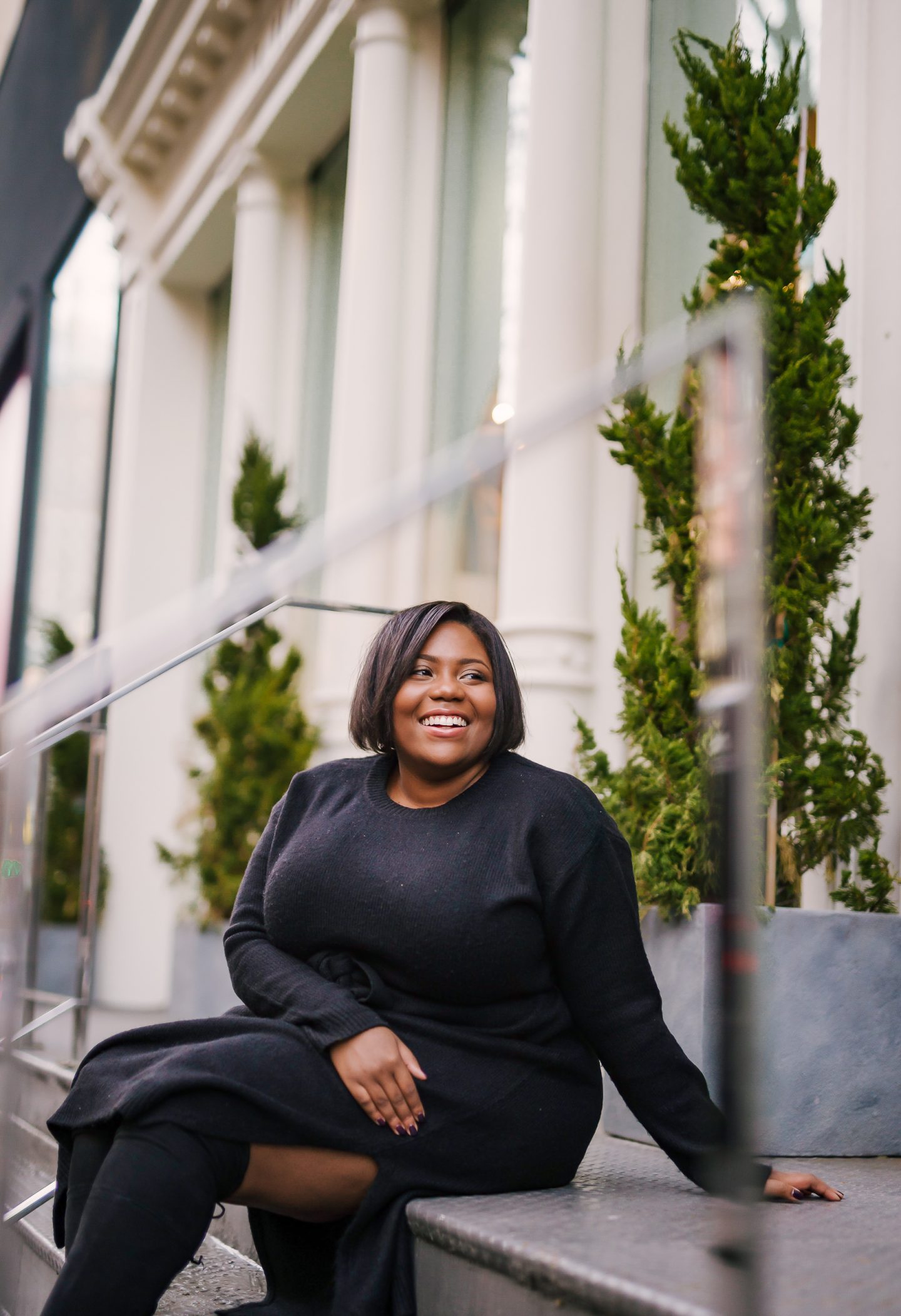
Hotshot labs are overrated especially when you’re a grad student.
I’ll die on this hill and in honor of no nuance November, all I’m going to say is I’ve only ever heard complaining from those who’ve decided to join the “hot shot” labs. And it’s typically followed by, “but, it’s fine.” It’s not babe, but we tried to tell you.
I like that I have personalized attention, mentoring from my actual advisor, and an environment that isn’t cutthroat to the point where you’re sabotaging each other.
Those are things I would keep in mind when you’re thinking about applying to graduate school or just starting off in a program. Are you a graduate student? Any important things I missed? Let me know in the comments!




